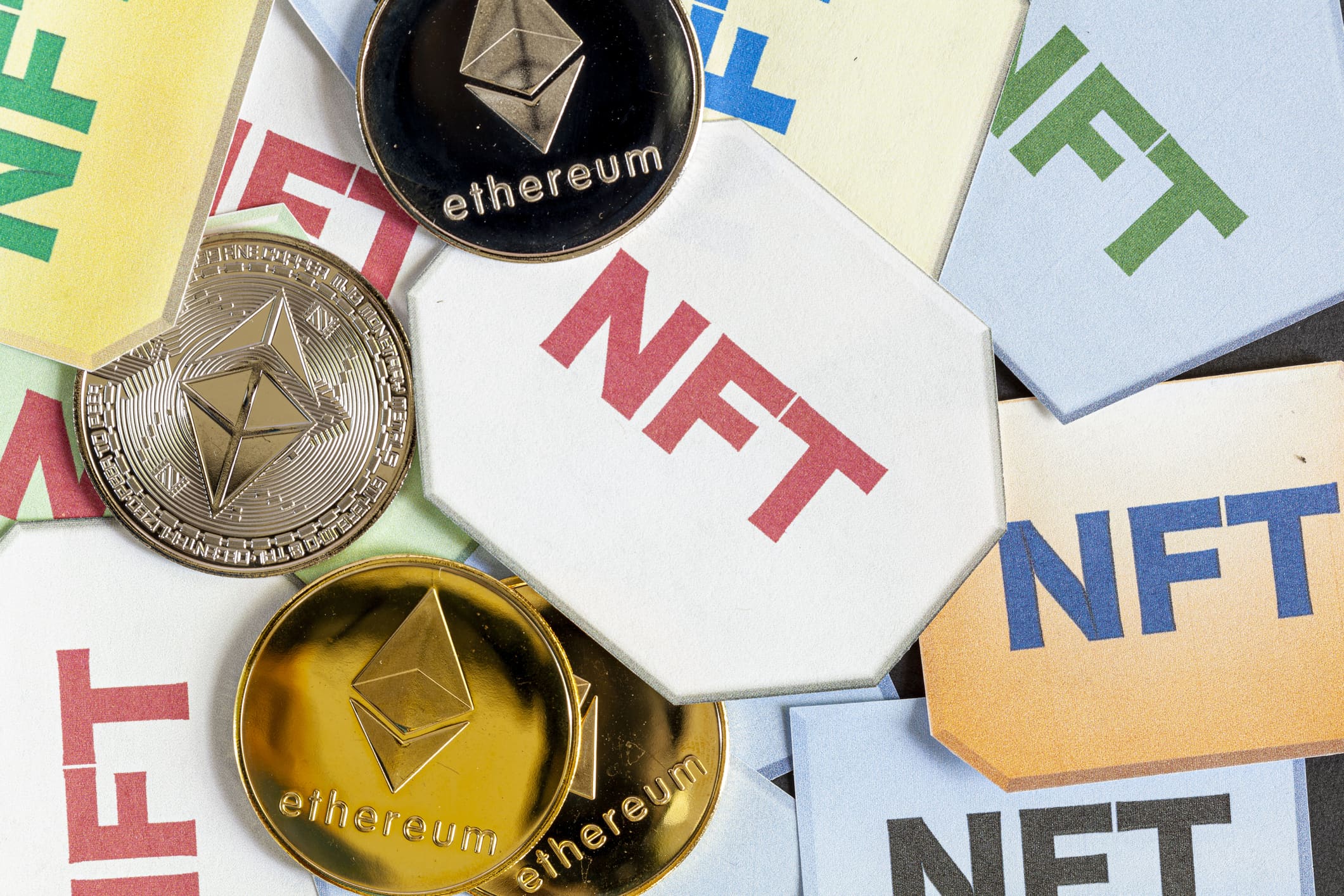
The market for nonfungible tokens, or NFTs, exploded last year.
In 2021, at least $44.2 billion worth of cryptocurrency was sent to the two types of Ethereum smart contracts “associated with NFT marketplaces and collections,” data from blockchain analytics firm Chainalysis shows. Smart contracts are collections of code that power decentralized applications and NFTs.
But with the hype, scammers saw opportunity.
Chainalysis found “small but visible” money laundering activity in NFTs, according to its new report. In the third quarter of 2021, funds sent to NFT marketplaces by illicit addresses “jumped significantly,” Chainalysis wrote, surpassing $1 million worth of cryptocurrency. In the fourth quarter, that amount hit just below $1.4 million.
To calculate its findings, Chainalysis tracked illicit addresses, or those associated with criminals like scammers, to see whether cybercriminals were using illegal funds to buy NFTs.
Chainalysis declined to disclose which specific NFT platforms it analyzed, but said that its findings only include NFTs bought with ether (ETH) and wrapped ether (WETH), not fiat.
Though the amount of potential NFT-based money laundering in 2021 is a “drop in the bucket” in comparison to cryptocurrency-based money laundering overall, Chainalysis said, it’s worth pointing out.
“Money laundering, and in particular transfers from sanctioned cryptocurrency businesses, represents a large risk to building trust in NFTs, and should be monitored more closely by marketplaces, regulators and law enforcement,” the firm wrote.
Investors should consider picking NFT marketplaces that have protections in place for money laundering and other fraudulent activity, says Kim Grauer, director of research at Chainalysis. Choosing reputable marketplaces could help strengthen the NFT market overall.
“Our report demonstrates that thanks to the inherent transparency of blockchains, NFT platforms with the right data and tools can effectively monitor their platforms to shut down and prevent abuse such as money laundering,” Grauer tells CNBC Make It.
“NFT platforms should consider rules against wash trading on their platforms to build more trust in this asset class,” she adds.
Sign up now: Get smarter about your money and career with our weekly newsletter
Don’t miss: Over $10 billion was stolen in DeFi-related theft this year. Here’s how to protect yourself




